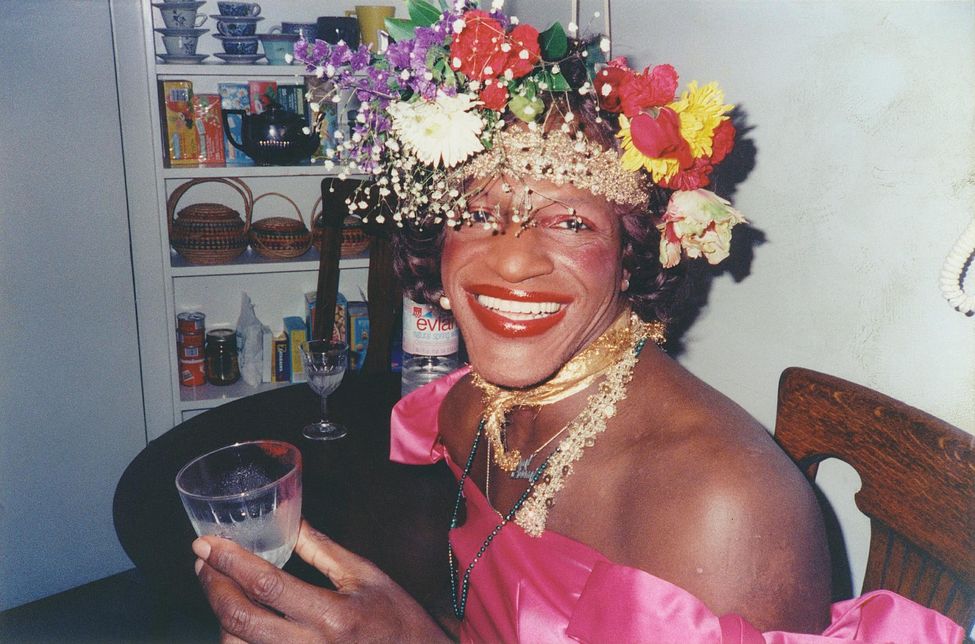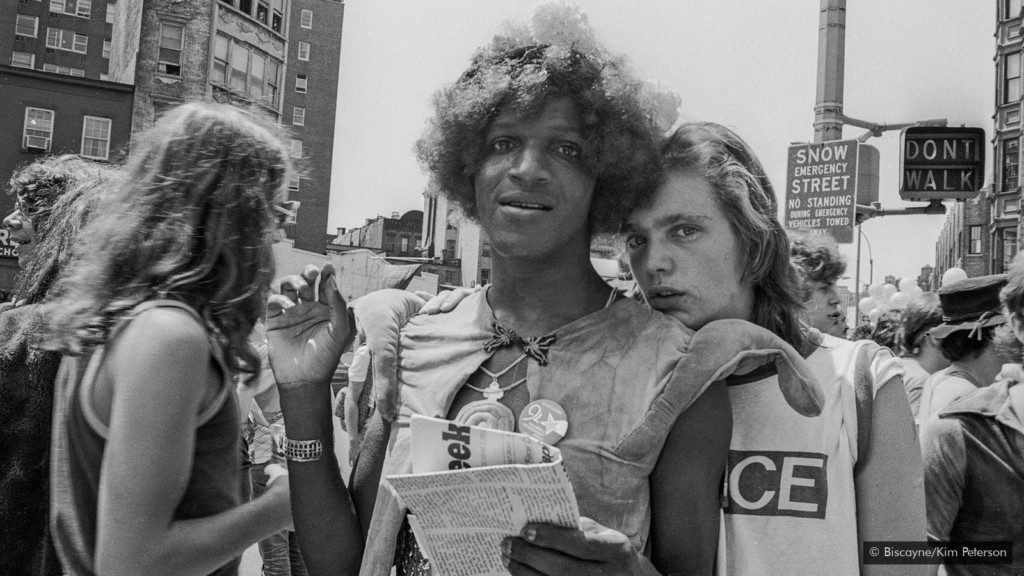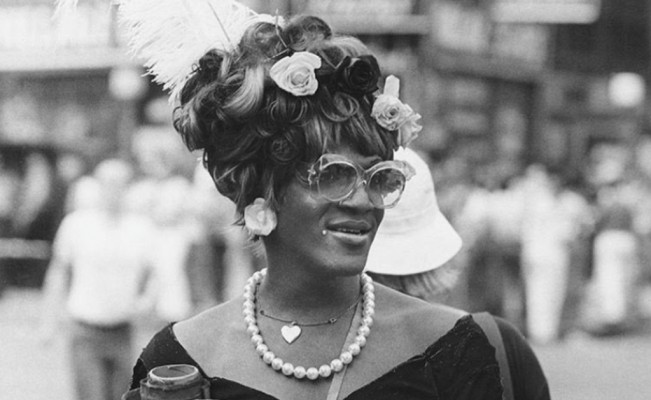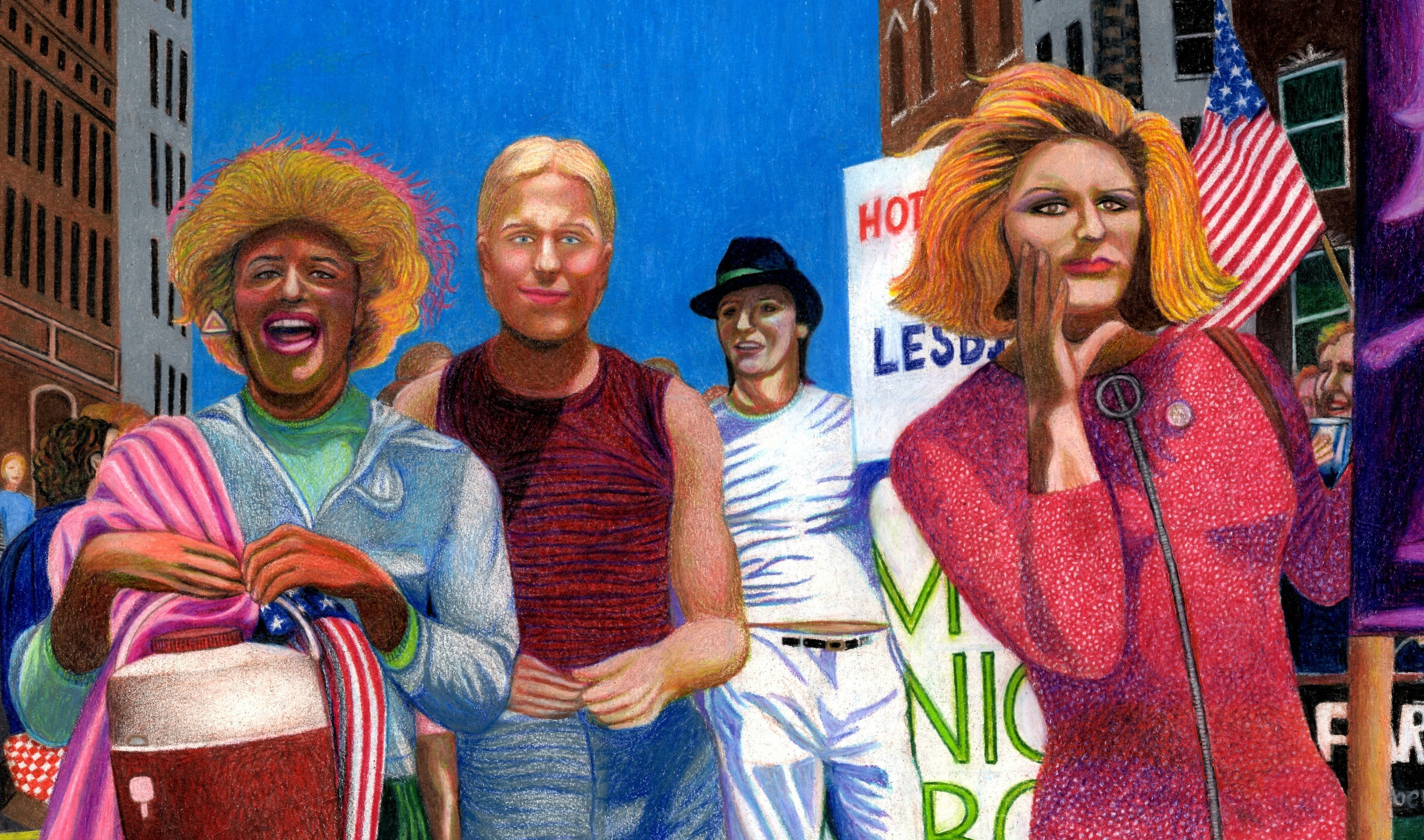Pride Month Special: Remember and Continue the Legacy of Fighting for Equality
51 years ago, a black trans woman led the historic Stonewall uprising that ignited the LGBTQ+ liberation movements. Today, her legacy lives on and keeps inspiring us to continue the fight for racial and gender equality.
Some people were born to leave the world with their legacies and remembered as legends.
Marsha P. Johnson was one of them.
As a black trans woman, Johnson didn’t have a luxurious celebrity life during her time. But her gallant acts to fight against police brutality and ceaseless efforts to advocate for LGBTQ+ rights and equality in the course of her life fundamentally changed the world for the better.
Johnson’s Early Life

Johnson was born as Malcolm Michaels Jr. in 1945 and grew up in a blue-collar family in Elizabeth, New Jersey. She became aware of her sexual orientation and gender identity, was bullied for wearing female dresses, and was sexually assaulted at a young age.
Unfortunately, her family wasn’t supportive, and she was in the closet for fear of being gay, as her mother reportedly said that being homosexual is like being “lower than a dog.”
At the age of 17, Johnson left home for New York with only $15 in her pocket and a bag of clothes. After she settled down in the Big Apple and joined the LGBTQ+ community there, she finally reconciled with herself and accepted her queer identity. It was only then that she was able to fully come out.
The Stonewall Uprising and Other Activism

Johnson was one of the leaders in the Stonewall uprising (also referred to as the Stonewall riots or the Stonewall rebellion) of 1969, which is the turning point and one of the most important incidents that sparked the LGBTQ+ liberation movement and Pride Month in the United States.
In the early morning of June 28th, 1969, Johnson went to the Stonewall Inn when the patrons started fighting back against the police followed a violent raid.
Though Johnson denied being the first person who started the uprising, according to interviews in the book Stonewall: The Riots That Sparked the Gay Revolution, by David Carter, Johnson “threw a shot glass at a mirror in the torched bar screaming, ‘I got my civil rights.'” and it “was the shot glass that was heard around the world.”
After the Stonewall uprising, Johnson became more engaged and active in protests and other street activism.
She and her close friend, Sylvia Rivera, even co-founded the Street Transvestite Action Revolutionaries (STAR) organization for homeless transgender youth. Later, she became a prominent organizer of the AIDS Coalition to Unleash Power (ACT UP) during the AIDS epidemic.
In 1992, Johnson came out about her HIV status and said she had been living with the virus for two years. Later in the same year, her body was found in the Hudson River near the Christopher Street Piers. The police quickly ruled her death as suicide though her friends questioned the legitimacy of this rushed determination.
The Legacy Lives On

This June is not a conventional Pride Month. While it is definitely far and different from the June of 1969, somehow, it remains so very similar .
As we pay tributes to and honor Johnson as the black trans woman who led and fiercely fought for equality, the resemblance of the past with current historical moments today reminds us that while we may have already come a long way, our fight for equality is far from over.
Twenty-eight years later after Johnson’s tragic death–even when the public and the U.S. government have recognized and legalized various LGBTQ+ rights, including same-sex marriage, and as trans-ness and HIV/AIDS prevention and treatment become more accessible to man–we still feel the obligation to stand up against the systemic racism, homophobia, and transphobia that still haunt our society today.
We believe the resilient fabric of this society is still steady as long as we carry on the spirit of Johnson to support the less privileged groups and oppose prejudice and discrimination.
Johnson’s story isn’t just the history that stays in books or documentaries, but a true legacy that shines a light on our path and shows us where we came from and toward where we are going.
As a long-standing art education institution, Academy of Art University has always been progressive and inclusive for over 90 years. Academy of Art supports the continuing quest for social justice and equality.
Hero image courtesy of Gary LeGault via Wikipedia








